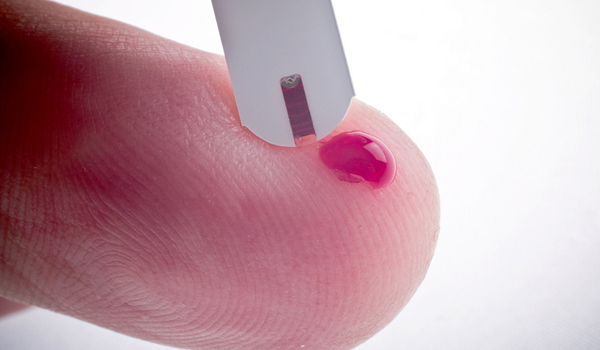Can Chinese Herbal Medicine Reduce Diabetes Risk?

For people with elevated blood sugar levels, taking Chinese herbal medicines may reduce the risk of developing diabetes, early research from China suggests.
Nearly 400 people in China with prediabetes were randomly assigned in the study to take either an herbal medicine called Tianqi (a mixture of 10 Chinese herbal medicines; sometimes spelled Tian qi)) or a placebo three times daily for one year. People with prediabetes have elevated blood sugar levels that are not yet high enough to be diagnosed with Type 2 diabetes.
At the end of the year, 36 participants in the Tianqi group and 56 in the placebo group developed Type 2 diabetes. After taking into account the participants' age and gender, those who took Tianqi were 32 percent less likely to develop diabetes than those who took the placebo, according to the researchers.
Few side effects were seen (15 in the Tianqi group and 11 in the placebo group), and all were mild reactions, the researchers said. [Myth or Truth? 7 Ancient Health Wisdoms Explained]
People with prediabetes are at greater risk for developing diabetes, heart disease and stroke, but they often"struggle to make the necessary lifestyle changes to control blood sugar levels, and current medications have limitations and can have adverse gastrointestinal side effects," study researcher Dr. Chun-Su Yuan, of the University of Chicago, said in a statement. "Traditional Chinese herbs may offer a new option for managing blood sugar levels, either alone or in combination with other treatments."
However, it's too soon to recommend this herbal medicine as a therapy to prevent diabetes, because larger studies with longer follow-up time are needed to verify the results, the researchers said.
Other experts were critical of the study.
Get the world’s most fascinating discoveries delivered straight to your inbox.
Pieter Cohen, an assistant professor of medicine at Harvard Medical School and a general internist at Cambridge Health Alliance, said that seeing changes in patients' blood sugar levels doesn't mean that the herbal medicine is good for their health, "it just means that you've changed some lab values."
To really know whether the herbal medicine improves health, researchers need to look at more definitive outcomes, such as rates of heart attacks, strokes and vision loss, and life span, Cohen said.
"There's nothing in this study that would suggest to me that this herbal combination would lead one to be healthier, or live longer," Cohen told LiveScience.
Cohen said he wouldn't recommend buying the product. Herbal products are not subject to Food and Drug Administration approval; rather, they are sold as a dietary supplements, a category of products that are often tainted or contain unlabeled ingredients.
"There would be no way to know that what you're buying is what was studied," Cohen said.
The study will be published in an upcoming issue of the Journal of Clinical Endocrinology & Metabolism.
Follow Rachael Rettner @RachaelRettner. Follow LiveScience @livescience, Facebook & Google+. Original article on LiveScience.

Rachael is a Live Science contributor, and was a former channel editor and senior writer for Live Science between 2010 and 2022. She has a master's degree in journalism from New York University's Science, Health and Environmental Reporting Program. She also holds a B.S. in molecular biology and an M.S. in biology from the University of California, San Diego. Her work has appeared in Scienceline, The Washington Post and Scientific American.


